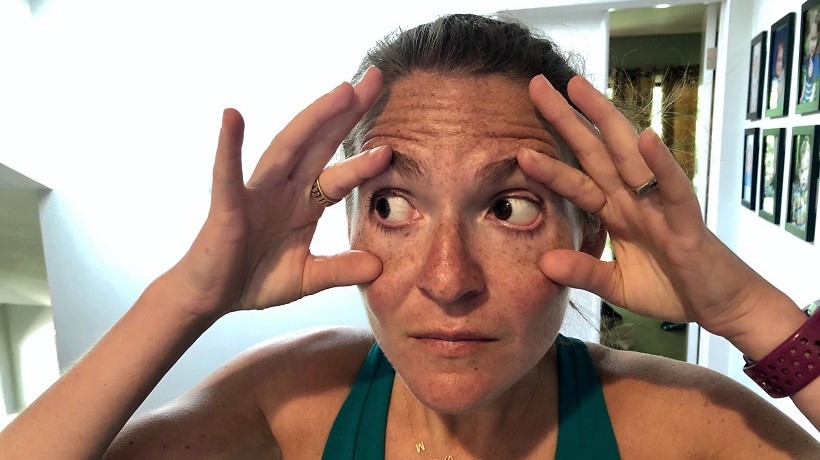I’ve always found the ways in which we think and talk about our senses and how they can deceive us as interesting and often humorous. Think of phrases like “hiding in plain sight” or “it’s always in the last place you look.” To me, these are more than just pithy observational cliches. They speak to what it means to “see” versus what it means to bear witness to the world. We can “see” a lot happening around us, but rarely do we stop to actually take it in, think about its meaning, and react to the need presented before us. When we walk around the world with our eyes truly opened, we not only observe injustice and hatred, suffering and strife, but we are then motivated to take action and work toward change.

As the traditional morning blessing from the siddur (prayer book) reads, “Blessed are you, Adonai our God, ruler of the world, who opens our eyes.” Each morning we thank God for the opportunity first to take in the beauty of creation, and second to move beyond that to begin to actually see the work that we can do to make our world a different, and perhaps better place.
This is evident in our Torah portion for the week, Parshat Ki Tavo. This week we read the section of the Torah that again reminds us of the blessings and curses that come to us as we choose to follow or ignore the laws of the Torah. Specifically we learn of the requirement to make an offering of first fruits for the priests in the Beit HaMikdash, and the different ways in which we are supposed to thank God and give praise (before prayer was a daily thing). Finally, the text reminds us of how we’re supposed to take time to rebuke one another when we’ve taken a misstep and the ways in which we can do so with compassion and kindness.
As the text nears the end, Moses begins his third giant speech to the Israelite nation. He shares: “To this day the Lord has not given you a mind to understand or eyes to see or ears to hear.” Abraham Joshua Heschel interprets this to mean “the ability to understand, to see or hear the divine significance of events, may be granted or withheld from man. One may see great wonders but remain entirely insensitive.”
In other words, as human beings we often see the world with our eyes, but remain blind to the problems right in front of us. As the wise Torah sage Paul Simon expressed about another of the five senses, “Still a man hears what he wants to hear, and disregards the rest.”
Parshat Ki Tavo is the yearly reminder that it’s not enough to use our senses passively; we must open our eyes and ears to really see the true world around us – the good, the bad, and what we can work together to fix.
– Rabbi Eve Posen
Source: Uncover Your Eyes – Parshat Ki Tavo 5780



